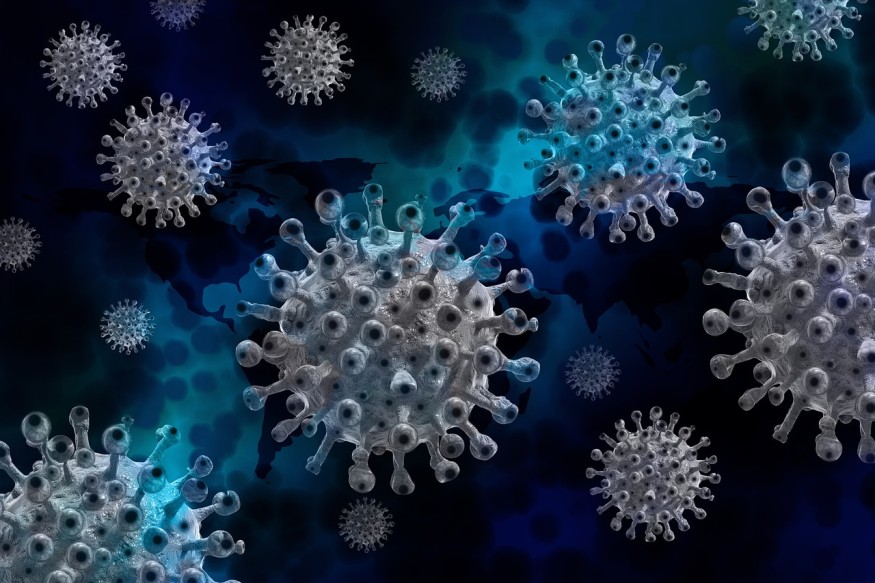The immune system defends the body against infections and makes antibodies that counteract or kill viruses and bacteria. The protection from these antibodies is called immunity.
A new study from researchers in Qatar found that natural immunity from COVID-19 remains superior compared to immunity from COVID-19 vaccines. People get natural immunity after surviving COVID-19 infection without vaccination. The study reveals that natural immunity provides sky-high protection against fatal or severe COVID-19.

Overview of Natural Immunity
According to WebMD, natural immunity to a disease can weaken over time. Although the rate and way it happens depends on the disease. For instance, those with natural immunity against COVID-19 infection may have immunity for three months. On the other hand, a child who experienced measles is unlikely to ever catch it again.
The downside of natural immunity is that the person has to get sick before they develop antibodies against the illness. Many diseases can cause serious health issues that could affect a person for life.
An example is a chickenpox, which can cause lung infections, blood infections, and brain swelling. Before vaccines were developed, around 10,000 children get hospitalized each year after catching an infection.
Natural Immunity Vs. COVID-19 Vaccines
Researchers led by Dr. Laith Abu-Raddad of Weill Cornell Medicine-Qatar studied the long-term natural immunity in those unvaccinated people. They found that the effectiveness of primary infection against severe or critical COVID-19 reinfection is 97.3% irrespective of the variant of the primary infection and has no evidence of decreasing protection against the virus.
Previous studies from real-world data also showed that the percentage is higher than the protection given by COVID-19 vaccines. For example, a study published in May by Swedish researchers suggests that two doses of vaccine are just 54% effective against the Omicron variant.
Another study from South African scientists found that the effectiveness of the AstraZeneca and Pfizer-BioNTech COVID-19 vaccines peaked at 88% and waned after several months to 70% and lower.
The new study titled "Duration of immune protection of SARS-CoV-2 natural infection against reinfection in Qatar," published ahead of peer review on the website medRxiv showed that natural immunity after the first infection remains strong and seems consistent in providing vital protection for over 14 months.
Natural Immunity Provides Poor Protection Against Omicron Variant
The Epoch Times reported that vaccines supposedly provide 100% protection against symptomatic infection, but studies reveal that they can now only provide 50% protection after a short time. Even booster shots do not give full immunity to the Omicron variant.
The strain is dominant in Qatar and many countries across the world and experts thought that people with natural immunity would have strong protection against reinfection. However, the team found that it provides poor protection from Omicron.
Before the variant started infecting many people, the effectiveness of COVID-19 vaccines was as high as 90.5% and remained at 70% on the 16th month. It decreased and some models suggested that it could drop to 0%. That did not happen, but natural immunity still offers better protection against the Delta variant and other strains.
They wrote in their study that vaccine immunity against the Omicron variant only lasts less than six months up to a year. Limitations to immunity included differences in testing frequency and depletion of the groups, who had COVIDi-19 infection and died.
RELATED ARTICLE: New Rapid Blood Test Can Measure Immunity to COVID-19 and Vaccine Efficacy
Check out more news and information on COVID-19 in Science Times.
© 2026 ScienceTimes.com All rights reserved. Do not reproduce without permission. The window to the world of Science Times.












